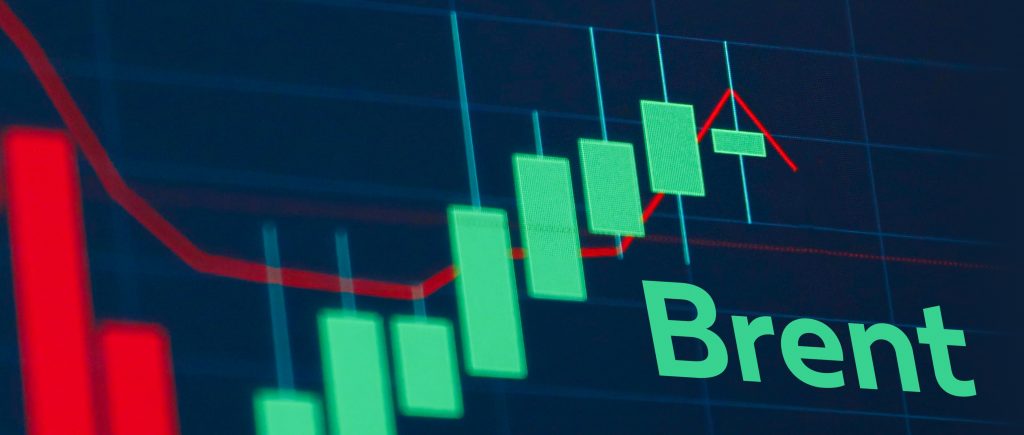Brent crude futures rose on Friday, recouping some of the previous session’s losses as traders tried to guess whether the OPEC+ alliance would reach an agreement that would lead to further production cuts.
By 0800 GMT, Brent crude futures rose 19 cents, equivalent to 0.23 percent, to $81.61, after falling 0.7 percent at settlement in the previous session.
US West Texas Intermediate crude fell 45 cents, or 0.58 percent, to $76.65, compared to Wednesday’s close. There was no settlement for US crude on Thursday because it was a holiday in the United States.
Both crude oil prices are heading to achieve their first weekly rise in five weeks, supported by expectations that the OPEC+ alliance, led by Saudi Arabia, may reduce supplies to balance the markets until 2024.
The coalition, which includes the Organization of the Petroleum Exporting Countries (OPEC) and its allies, surprised the market by announcing on Wednesday that it would postpone a ministerial meeting for four days until November 30, after producers had difficulty reaching a consensus on production levels.
The sudden postponement initially led to a decline in Brent crude futures by up to four percent, and a decline in US crude by up to five percent in trading during Wednesday.
Trading remained weak due to the Thanksgiving holiday in the United States.
The near-term outlook for China appeared stronger, which supported market sentiment.
Chinese stocks rose on Thursday thanks to expectations that the country will direct more stimulus to the faltering real estate sector.
However, analysts say that these gains may be limited by high crude inventories and weak refining margins in the United States, which leads to a decline in demand for crude oil from American refineries.
As for China, analysts say oil demand growth may decline to about four percent in the first half of 2024 compared to strong growth levels after the Covid-19 pandemic in 2023, with the country’s real estate sector crisis affecting diesel use.
Non-OPEC production growth is expected to remain strong, as Brazilian state energy company Petrobras intends to invest $102 billion over the next five years to increase production to 3.2 million barrels per day of oil equivalent by 2028 from 2.8 million barrels per day in 2024.
 Noor Trends News, Technical Analysis, Educational Tools and Recommendations
Noor Trends News, Technical Analysis, Educational Tools and Recommendations





